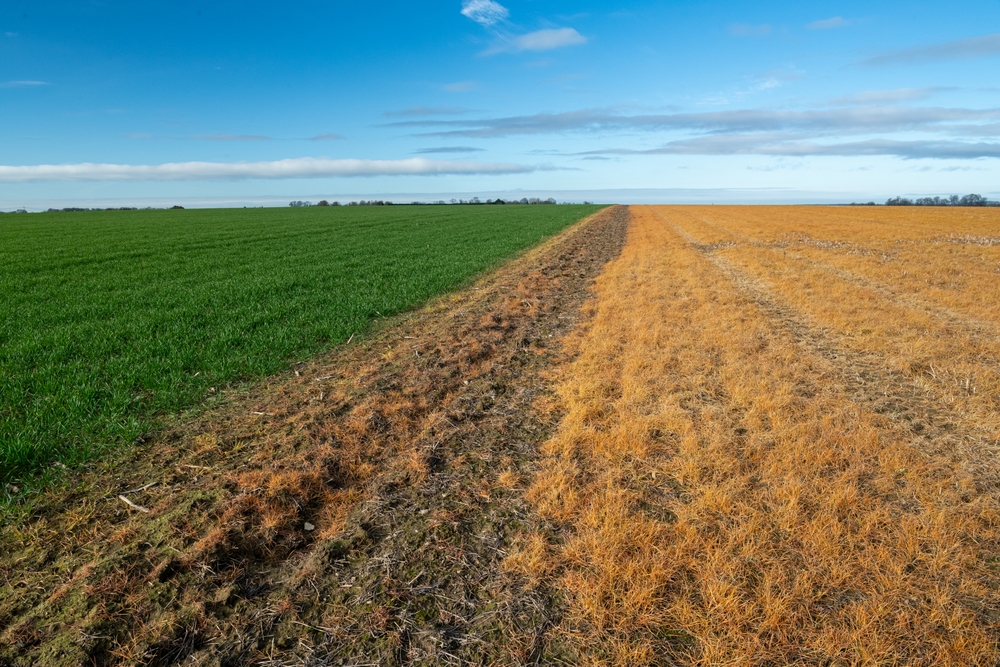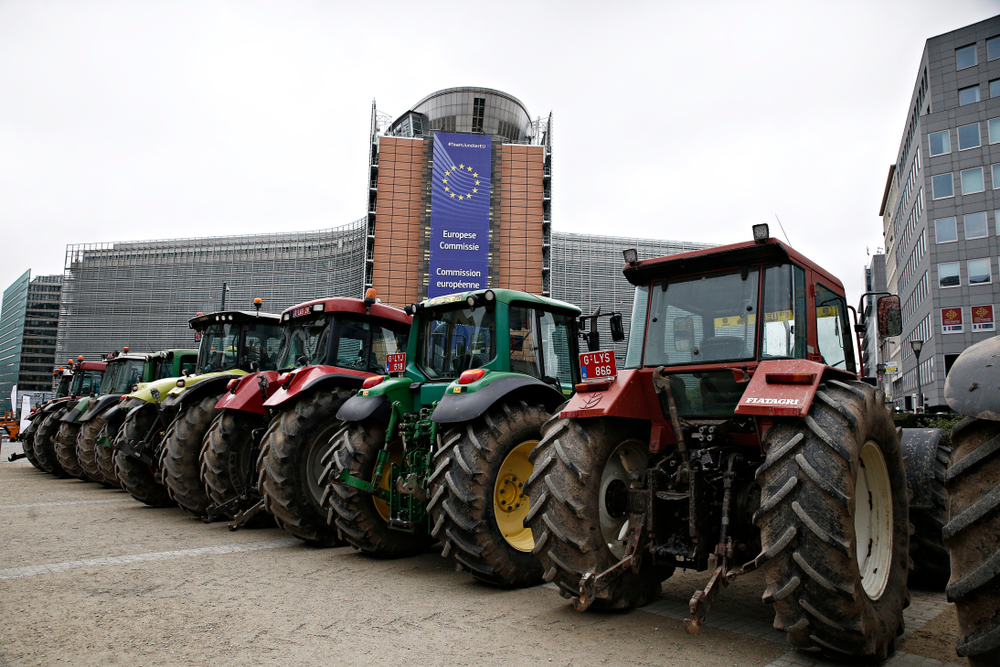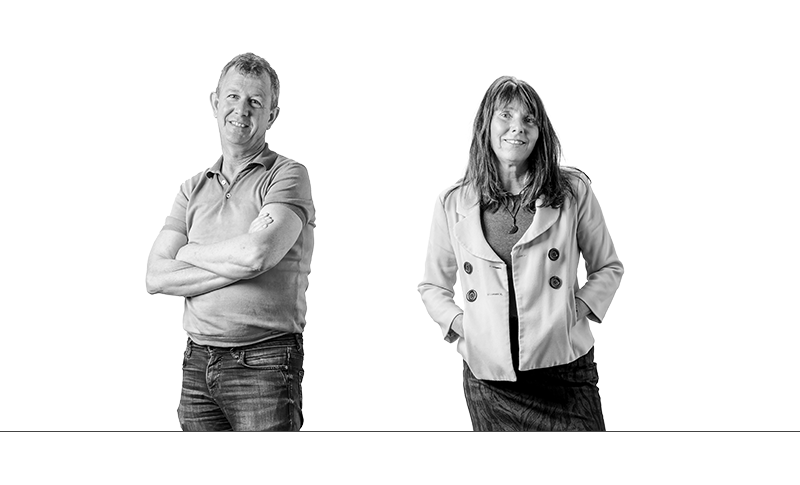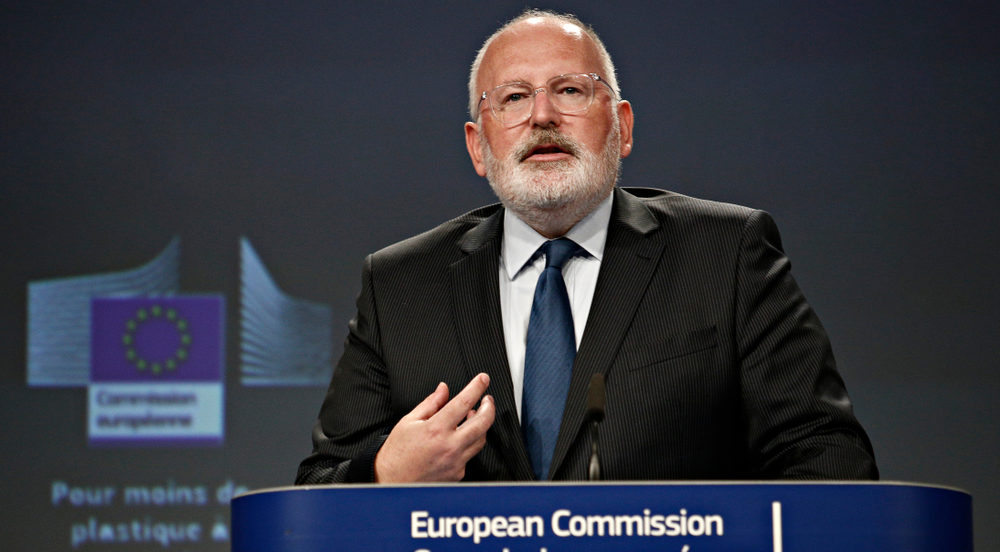Glyphosate is the active substance in many herbicides. At the end of this week, Europe must take an important decision. Minister Adema reported Tuesday that the Netherlands will abstain from voting. For those who are lost, what is the issue with glyphosate?
1. What decision must Europe make?
The EU must reach a decision before 15 December 2023 on whether or not to permanently ban the use of glyphosate. Consumers have already been banned from using the substance since July 2017. Crop farmers are still permitted to use glyphosate on their fields. The European member-states must decide whether they may continue to do so before Friday, 13 October. Only if a significant majority of the fifteen member states with sufficient inhabitants reject an extension will the substance be banned. If glyphosate is not prohibited, farmers may continue its use for another decade. Individual countries may issue restrictions or even a well-substantiated (partial) ban, as concluded previously by Hanna Schebesta of the Law group.
2. Is the Netherlands in favour or against a ban?
The House of Representatives submitted a motion urging outgoing Minister Adema to vote against the prolongation of approval. He stated on Tuesday, 10 October, that he would not do so but rather that the Netherlands will abstain from voting on Friday. He stated that this decision is motivated by ‘weighing the scientific recommendations and societal concerns’. How other countries will cast their votes is not yet clear. Germany, France and Luxembourg have known concerns over glyphosate.
3. Does WUR have a position on a possible glyphosate ban?
Yes and no. There is consensus on the premise that the use of glyphosate should be limited as much as possible. But opinions on the definition of as little as possible -what constitutes acceptable use and to what degree?- vary almost as much as outside of WUR. Some feel that the substance should be banned entirely, while others say that acceptable alternatives must be made available first.
4. What are the arguments against a complete ban?
The European Food Safety Authority (EFSA) claims that there are no ‘critical considerations’ preventing a prolongation of the approval of glyphosate. At WUR, Richard Harrison (Plant Sciences Group director) and Pieter de Wolf (agriculture researcher) oppose a complete ban for fear of the alternatives being worse, ‘We understand the concerns about glyphosate and feel these concerns must be studied diligently. However, we fear that a complete ban within Europe will have an adverse effect on humans, the environment, soil life and the climate. We truly wonder whether everyone is sufficiently aware of this’, they wrote in an opinion piece in De Volkskrant last week. The scientific reflection Harrison wrote for the House of Representatives echoes a similar opinion. ‘A complete ban (…) will cause crop farmers to adopt existing chemical alternatives that are less effective and will thus be used more intensively, hence achieving the opposite of what society wants, which is reduced substance use.’
5. What are the arguments against the prolongation of admittance?
Violette Geissen (a professor of soil degradation and land management) deemed the prolongation of approval unwise as early as 2017. She is still very critical, stating that prolongation is at odds with the precautionary principle. According to her, key exposure routes and risks have been excluded from the EU assessment. Additionally, Geissen determined at the start of this year that samples taken in the Netherlands as part of the SPRINT study contain vast quantities of glyphosate, which is also the substance found the most in these samples. The SPRINT study measures what traces of pesticides are found in the environment, humans and animals in ten European countries and in Argentina. ‘It is not possible to assess the danger glyphosate poses to human and ecosystem health. Therefore, the precautionary principle should be applied’, she argues in her scientific reflection for the House of Representatives. Another well-known opponent is Radboud Professor of Neurology Bas Bloem. He is of the opinion that glyphosate has neurotoxic effects and suspects a link with Parkinson’s disease. Minister Adema commissioned an investigation into the matter from the RIVM in June.
Suggested reading:
More on the pros and cons of pesticides such as glyphosate in Resource’s ‘Two Sides’ of June 2023, a still very current interview with Professor Violette Geissen and Corné Kempenaar, a senior researcher of integrated crop protection and precision agriculture with Agro Systems Research and a board member at the Ctgb, the Dutch admissions authority for pesticides.

 Spraying to kill grass is (still) one of the ways in which glyphosate is used. Photo Shutterstock
Spraying to kill grass is (still) one of the ways in which glyphosate is used. Photo Shutterstock 

